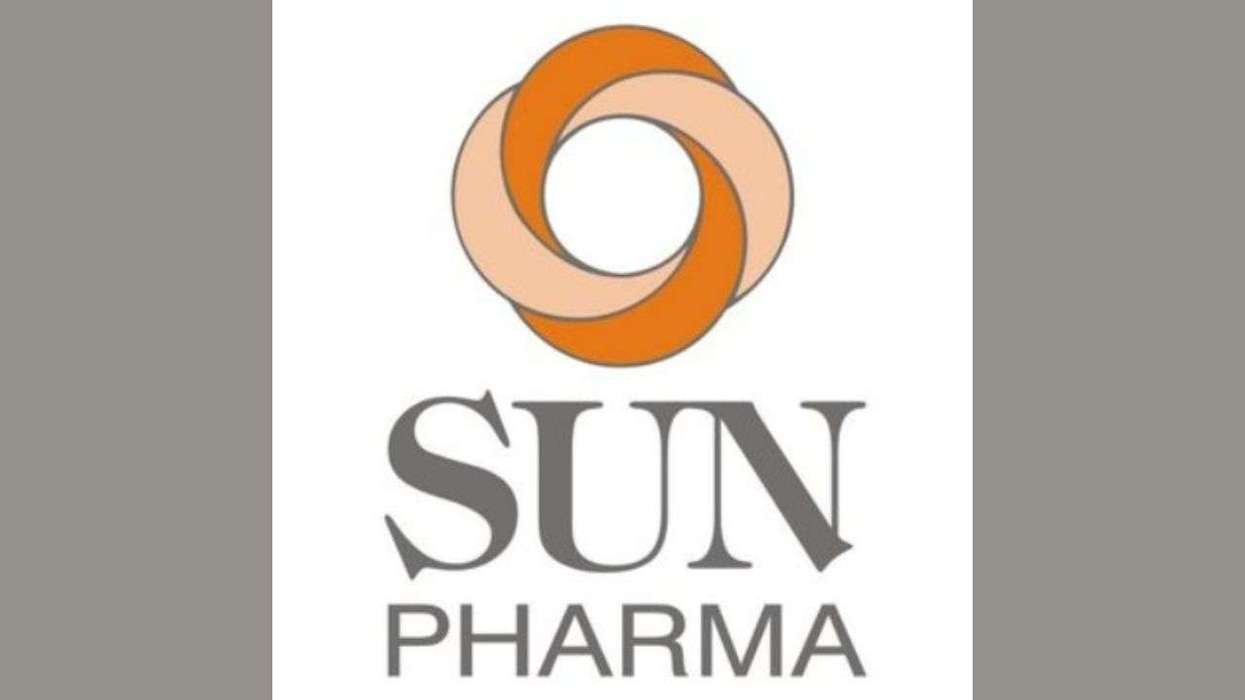The journey on building inclusive teams and increasing ethnic diversity and representation at all levels is never ending, said Sanjay Bhandari, chair at Kick It Out.
“I think you can set the direction but it's quite difficult to set the destination with these things,” Bhandari, who is part of the government-sponsored Parker review into the ethnic diversity of UK boards said during a panel discussion on Inclusive Leadership held as part of the Pharmacy Business Diversity Conference on Thursday (December 9).
He said the aim of the review was to fix a destination like a milestone, it's not the ultimate destination.
Bhandari highlighted that “most organizations have not even started and so a good way of getting started was by the end of 2021 to have at least one British born director of color on your board for the FTSE 100 (companies).”
The idea of the review is to “focus on that pathway and filling the hole in the doughnut,” Bhandari said.
There is a need to modernize the leadership style to meet the diversity and inclusion goals, he added.
“I think it's about asking and not assuming it's about demonstrating some empathy. And it's about converting those behaviors into tangible activities.”
The session was moderated by the conference chair BBC presenter Clive Myrie, joined by Ravi Chand CBE, director, Places for Growth and Beyond at the Cabinet Office and Antonio Bebba, regional operations lead for Pfizer’s Diversity, Equity & Inclusion Council Europe (DICE).
Approving the recommendations of the Parker review, Chand said it's really important for people at the top to “set the tone and expectation.”
He added there is a need to change the system in terms of hiring.
“You have to change the system. Otherwise you can get very enlightened individuals right across the organisation, operating the very machinery that still discriminates and creates less favourable outcomes for people of colour”.
Bebba added that leadership is essential to bring key changes in the company’s culture.
This ideology drove Pfizer to add equity as its one of the company’s values, in 2019.
He said: “Our final goal is to be sure that all the colleagues that are working at Pfizer from when they enter in the company until when they leave, they experience inclusion in all the way around a 360 degree.
“Working with intersectionality allows you to make sure that everyone is included in the conversation.
After achieving a balanced representation of all communities in the company, Pfizer aims to ensure that they feel included in value, in the decision making process and be an integral part of the current change, Bebba added.











